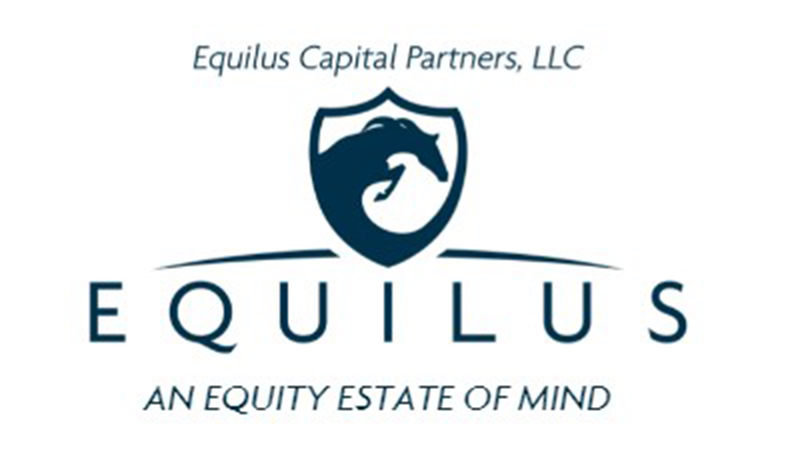The 1031 Exchange Solution
By L. Jake Carpenter, VP of Investor Relations
Are you looking for a replacement property for your 1031 Exchange? Have you wondered if a 1031 Exchange would work for you? I will discuss the ins and outs of a 1031 Exchange as well as a solution that could work well with the 1031 Exchange. Please be advised that this article is general in nature and is not in any way intended to give tax and/or legal advice. You should always work with your own tax and legal professionals when evaluating if a financial strategy is appropriate for your situation.
What is a 1031 Exchange? It originates from the IRS tax code, Section 1031. It allows a Seller of an income-producing property to work with a third-party facilitator. The facilitator takes receipt of the sales proceeds, while the Seller is allowed 45 days to identify one or multiple, “like-kind” replacement properties of equal or greater value, into which the sales proceeds are deployed from the facilitator. The process to acquire he replacement property must be concluded and closed within 180 days. Capital gains tax deferral is achieved because the seller doesn’t take receipt of the sales proceeds.
While capital gains tax deferral is an attractive option, the time constraints give some people pause. Once you execute a 1031 Exchange, you have 45 days from the sale of your property to identify a replacement property, complete your due diligence, and commit your sales proceeds to it. The closing must occur within 180 days. Today, it’s a little harder to make an exchange in 180 days because the inventory of eligible replacement properties is low. The fact is, sometimes 45 days is just not enough time to make sure you found all the skeletons in the closet before committing. And as some can attest to, making a hasty decision and failing to do the proper due diligence on a property can be very costly in the long run.
There is an option that should be considered if you’re looking for a properly vetted replacement property. I am referring to a Delaware Statutory Trust (DST). DST’s have been around for over 30 years; since the passing of the Delaware Statutory Trust Act in 1988. A DST is an entity that holds commercial income- producing property, which qualifies as replacement property in a 1031 Exchange. A DST may have several investors vested in the entity, each with fractional ownership interest. The owners in the DST participate in their portion of the cash flow, tax benefits, and capital appreciation, if any, of the entire holdings. The property holdings in the DST are professionally managed by a third party. What does this mean for you as an investor? It means no trash, toilets, tenants, or liabilities you need to worry about. The 1031 Exchange investor may defer their capital gains tax liability, receive income from their interest in the DST, and participate in the growth over time through the appreciation of the properties. When the time comes to sell, the investor can do the same thing all over again and use a 1031 Exchange to identify another Delaware Statutory Trust to move their appreciated sales proceeds into and continue to grow their investment with the capital gains tax deferred.
If you think you like this idea, what’s next? First, partner with professionals that can help you. Work with a company like Equilus Capital Partners, which sponsors Delaware Statutory Trusts. As the Trustor, Equilus Capital Partners also manages the holdings in the trust. Our DST’s hold properties that have been vetted and acquired for the benefit of the investors.
I would like to invite you to contact me if you’d like to find out more about 1031 Exchanges and Delaware Statutory Trusts. Please contact me at (509)665-8349 to set up your complimentary consultation today. Surround yourself with a competent team of people who care about your future success.
